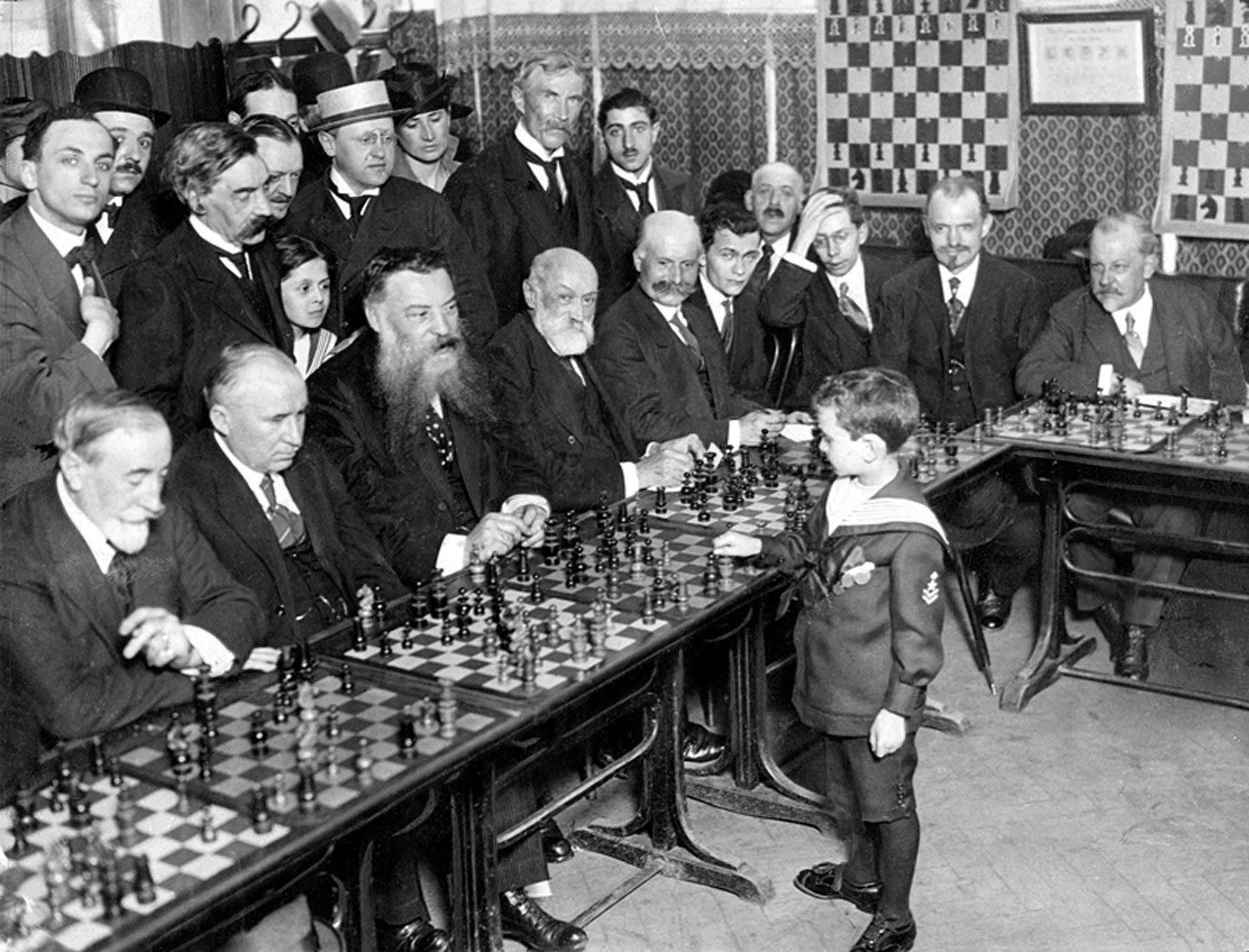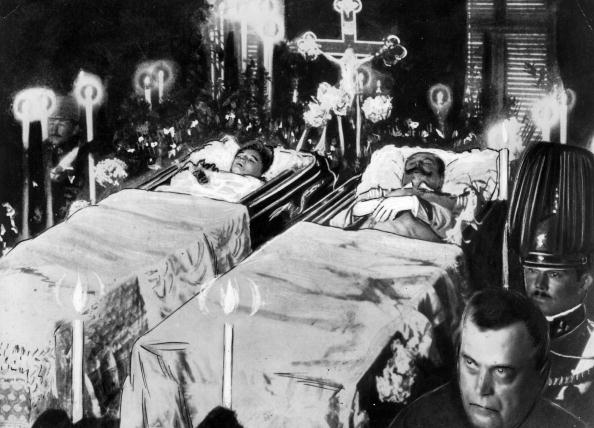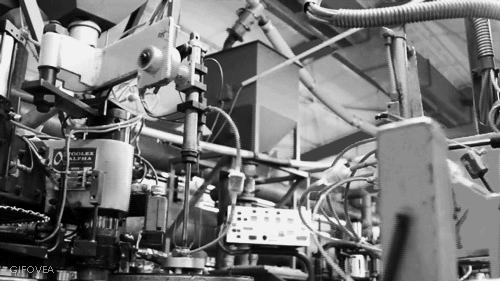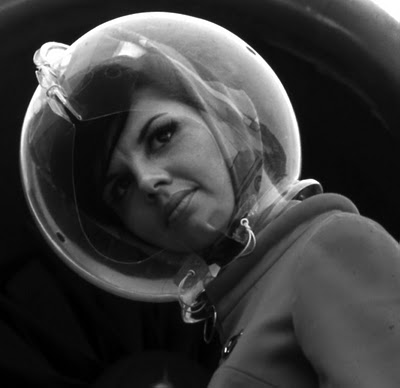In promoting his new book, Idea Makers, Stephen Wolfram conducted an AMA at Reddit, using the opportunity to push back at the idea of the collective hive mind as greater than the lone genius.
There’s been a justifiable argument in recent times, sometimes politically motivated, that the individual creator of groundbreaking work in science and technology isn’t so important because others were simultaneously coming to the same conclusions. That’s true, though it still doesn’t make the case for group thinking. Crowds may possess wisdom, Wikipedia could not have been amassed by the individual, but Wolfram believes breakthroughs are the specialty of singles or couples.
An exchange:
Question:
How much commonality is there between legendary mathematicians/scientists from ages ago and more modern scientists? Culture has changed a hell of a lot between 1816 and 2016, would those legendary scientists from centuries past be significantly changed if they were brought up in this more modern environment?
Stephen Wolfram:
Yes, things have certainly changed a lot from 1816 to 2016. (Note that the book does include quite a few recent people too.)
One important practical feature is that people are on average living longer. Ada Lovelace and Ramanujan, for example, would almost certainly have lived decades longer with modern healthcare. So would George Boole.
About the actual doing of math and science: well, we have computers now, and they make a huge difference. But another thing is that math and science as fields are much bigger. They’ve always had a certain amount of institutional structure, and many of the people I wrote about had to overcome inertia from that structure to get their ideas out. But I think in well established areas, that’s a bigger effect today. I’ve been very fortunate to be a “private scientist” outside of institutional constraints most of the time. But most scientists aren’t in that situation. And it tends to be awfully difficult to get genuinely new ideas funded etc., particularly in the better-established areas.
I have to say that the vast majority of major advances tend to come when fields are fairly new, and when they’re aren’t many people in them. And there are always new fields coming up. But “standard fields” that everyone’s heard of tend to be quite big by the time everyone’s heard of them.
In the big well-established fields today, lots of people work in large collaborations. But the fact is that big ideas tend to be created by individual people (or sometimes a couple of people)—not big collaborations. Those ideas often make use of lots of work done by collaborations, etc. But when there’s something new and creative being done, it’s usually done by one (or perhaps two) people. And these days I have the sense that people don’t really understand that any more: they assume that unless it’s a big collective thing, it can’t be right. It was a different story when math and science were smaller.•





